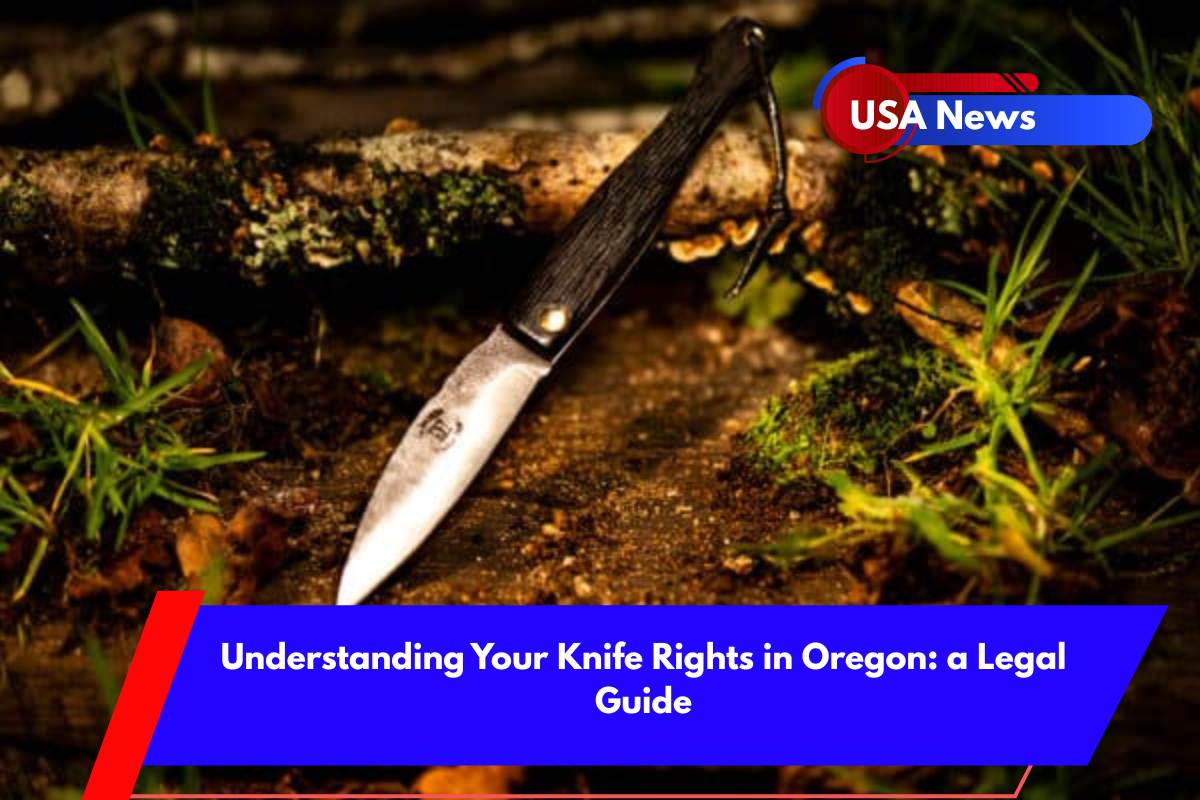West Virginia’s Stand Your Ground law is designed to provide individuals with the legal right to use force, including deadly force, in self-defense situations. The law eliminates the duty to retreat, allowing people to defend themselves in various locations where they are lawfully present without the obligation to try and escape the threat.
This law marks a significant shift from traditional self-defense laws that often required individuals to attempt retreat before using force, even in potentially dangerous situations.
Key Aspects of West Virginia’s Stand Your Ground Law
No Duty to Retreat
In West Virginia, you do not have a duty to retreat when you are in a place where you have a legal right to be, such as your home, car, or a public space. If confronted with an imminent threat, you can stand your ground and use force, including deadly force, without trying to avoid the confrontation.
Reasonable Belief of Threat
To invoke the Stand Your Ground law, you must reasonably believe that you or another person is in imminent danger of death or serious bodily harm. The threat must be objectively justifiable, meaning that any reasonable person would agree that the danger was real.
Proportional Response
The law requires that the force used in self-defense be proportional to the threat. For example, deadly force is only justified if the situation involves a risk of death or serious bodily injury. You cannot use lethal force in response to a non-lethal threat.
Defense of Others
West Virginia’s Stand Your Ground law also allows you to use force in defense of others, provided the same standards apply. You must have a reasonable belief that the person you are defending is in imminent danger of death or serious harm, and your response must be proportional to that threat.
Castle Doctrine
The Castle Doctrine reinforces your right to defend yourself without retreating in your home or vehicle. If someone unlawfully enters your residence or car and poses a threat, you are legally justified in using force to protect yourself or others.
Legal Protections
If your use of force is determined to be justified under the Stand Your Ground law, you are given a complete defense against criminal charges and civil lawsuits brought by the aggressor. This provides significant legal protection for individuals who act in self-defense.
Limitations and Nuances
Deadly Force and Property
While you are allowed to use deadly force in self-defense, deadly force is generally not justified solely to protect property. The law requires that the use of lethal force be in response to an imminent threat to life or serious bodily harm, not just to safeguard property.
Aggressor Exception
The law does not protect individuals who provoke or initiate the confrontation. If you are the aggressor, you cannot claim Stand Your Ground protection. The law is designed to protect individuals who are defending themselves from an unlawful attack, not those who create the danger.
Civil Actions
West Virginia law offers protection from civil liability if your use of force is deemed justified under the Stand Your Ground law. This means that if you lawfully defend yourself, you cannot be sued by the aggressor for the injury or harm caused during the confrontation.
Sources:
1. https://giffords.org/lawcenter/state-laws/stand-your-ground-in-west-virginia/
2. https://mywaynecountynow.com/understanding-west-virginias-stand-your-ground-law/
3. https://en.wikipedia.org/wiki/Stand-your-ground_law













